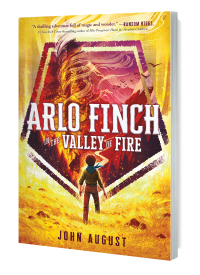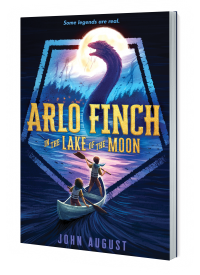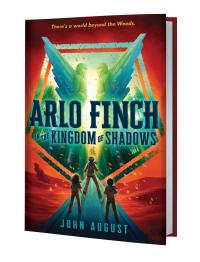How do you keep doing creative work when the world is falling apart around you? To sift through the despair and doubt, John welcomes back legendary Scriptnotes guest, writer-turned-psychotherapist Dennis Palumbo. They discuss the many feelings that catastrophic events can bring up in artists, the personal narratives that often inform those feelings, and how to keep moving forward when you feel like the band on the Titanic.
We also follow up on AI, and answer listener questions on competing with brain trusts and how to support a friend embroiled in controversy.
In our bonus segment for premium members, Dennis guides us through the best examples and worst mistakes of portraying therapists on screen.
Links:
- “Am I Just Fiddling While Rome Burns?” by Dennis Palumbo for Psychiatric Times
- Scriptnotes 99 – Psychotherapy for Screenwriters
- ShotDeck
- River Runner Global
- At the Existentialist Café by Sarah Bakewell
- Get a Scriptnotes T-shirt!
- Check out the Inneresting Newsletter
- Gift a Scriptnotes Subscription or treat yourself to a premium subscription!
- Craig Mazin on Threads and Instagram
- John August on BlueSky, Threads, and Instagram
- Outro by Spencer Lackey (send us yours!)
- Scriptnotes is produced by Drew Marquardt and edited by Matthew Chilelli.
Email us at ask@johnaugust.com
You can download the episode here.
UPDATE 2-19-25: The transcript for this episode can be found here.






